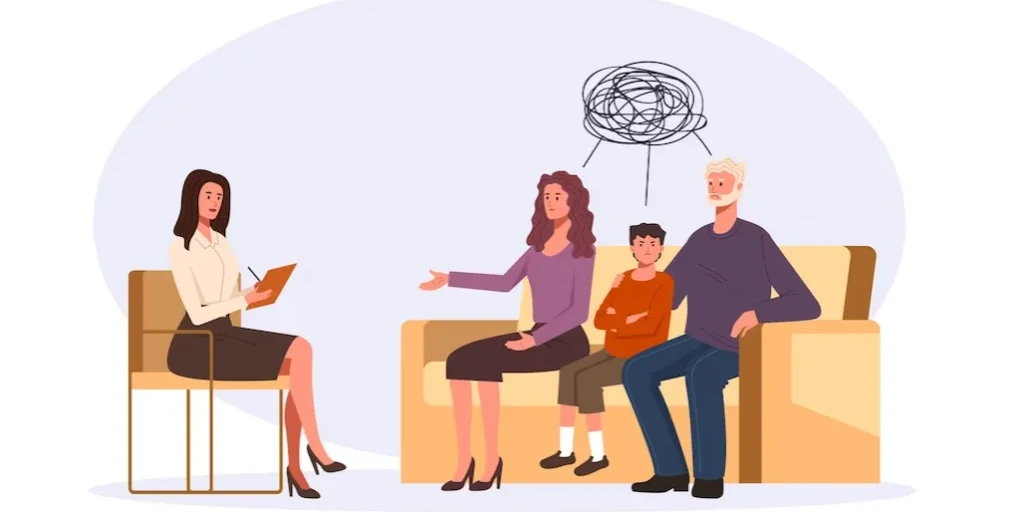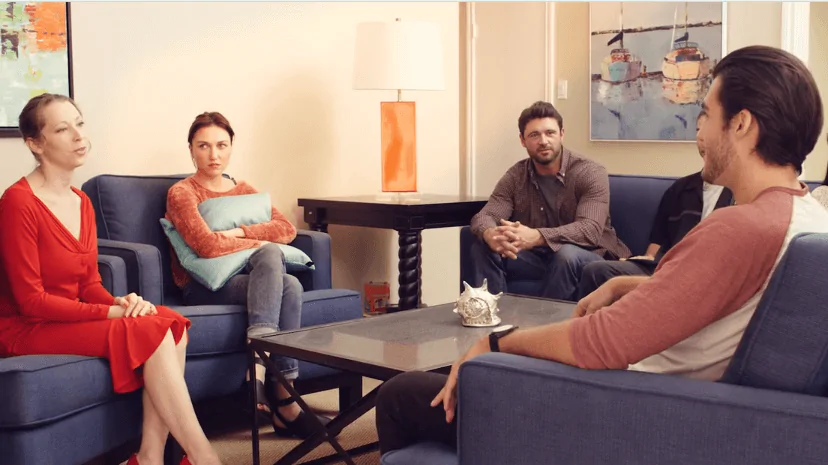24/7 Helpline:
(866) 899-111424/7 Helpline:
(866) 899-1114
Learn more about Klonopin Detox centers in Whitfield County

Other Insurance Options

Aetna

State Farm

Kaiser Permanente

CareFirst

Ceridian

Covered California

Highmark

Coventry Health Care

Anthem

Sutter

MVP Healthcare

Evernorth

Carleon

Ambetter

WellPoint

WellCare Health Plans

Optum

Amerigroup

BHS | Behavioral Health Systems

Sliding scale payment assistance

Georgia HOPE
Georgia HOPE is a private rehab located in Dalton, Georgia. Georgia HOPE specializes in the treatmen...

Hamilton Medical Center – Westcott Behavioral Health
Hamilton Medical Center – Westcott Behavioral Health is a private rehab located in Dalton, Georgia. ...

Providence Recovery Place – Women’s Recovery
Providence Recovery Place–Women’s Recovery, in Dalton, Georgia, is a faith-based drug and alcohol re...

Highland Rivers Health – Whitfield Recovery and Wellness Center
Highland Rivers Health provides a variety of treatment programs and services to meet your individual...

Carter Hope
Carter Hope, in Dalton, Georgia, is a 12 step focused drug and alcohol rehab for adults. They offer ...

































DUI and Drug Clinical Evaluation
DUI and Drug Clinical Evaluation is a private rehab located in Dalton, Georgia. DUI and Drug Clinica...

Christian Professional Counseling Online
Christian Professional Counseling Online is a private rehab located in Dalton, Georgia. Christian Pr...



































